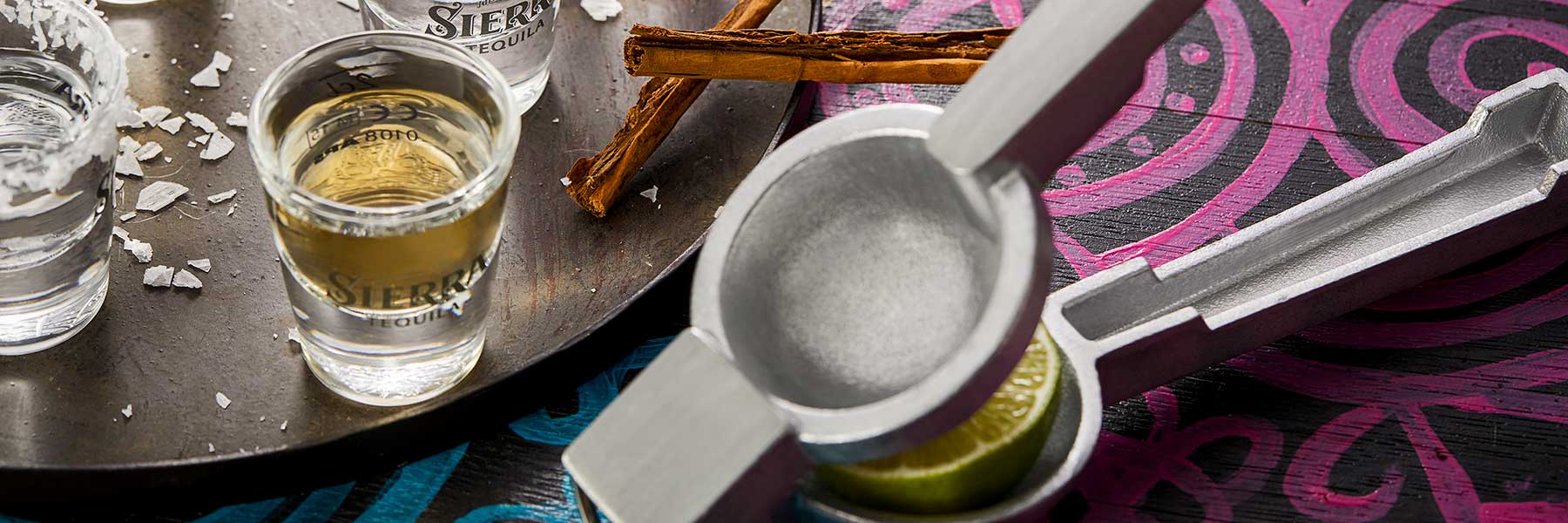
Tequila is a distilled beverage made from the blue agave plant, and is only produced in five regions: Jalisco, Guanajuato, Michoacán, Tamaulipas and Nayarit, in order to carry the official Denomination of Origin Tequila (DOT) classification.
Tequila was first produced in the 16th century near the location of the city of Tequila, which was not officially established until 1666. A fermented beverage from the agave plant known as pulque was consumed in pre-Columbian central Mexico before European contact.
Agave grows differently depending on the region and the red volcanic soils in the region of Tequila are well suited for growing the blue agave. Blue agaves grown in the highlands Los Altos region are larger and sweeter in aroma and taste.
The majority of Tequila is produced in the area surrounding the city of Tequila and in the Jaliscan Highlands of the central-western Mexican state of Jalisco. Only Tequila made in Jalisco, Guanajuanto, Michoacan, Tamaulipas and Nayarit may carry the official Denomination of Origin Tequila (DOT) classification.
Aside from its geographical distinction, tequila is differentiated from mezcal in that it is made only from blue agave. Tequila is served neat in Mexico and as a shot with salt and lime around the world. It must have between 35 and 55% ABV.
Today, the majority of Tequila is produced in the area surrounding the city of Tequila and in the highlands of the central-western Mexican state of Jalisco.

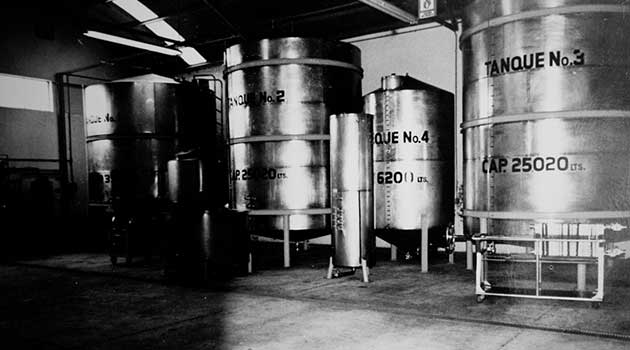
Planting, tending, and harvesting the agave plant remains a manual effort, largely unchanged by modern farm machinery and relying on centuries-old know-how. Agave plants must be harvested between 8-12 years of their growth cycle.
Jimadores harvest the agave plant, cutting off the sharp, spiny leaves to reveal its bulbous heart. This is called the piña as it resembles somewhat a pineapple.
The piñas are then transported to ovens where they are slowly baked. The baked piñas are crushed by either a stone wheel or machine to produce aguamiel, the sugar water from agaves.
The extracted agave juice is then poured into either large wooden or stainless steel vats for several days to ferment, resulting in wort with low alcohol content. The wort is distilled once to produce what is called ordinario and then a second time to produce clear “silver” tequila. Using at least two distillations is required by law. From there, the spirit is either bottled as silver tequila, or it is put into wooden barrels to age into tequila reposado, developing a more mellow flavour and amber colour.
Reposado is the favourite variety of tequila among Mexicans, with more than 65% agave sugars contained within each bottle, this being more agave sugars than the industry average in the mixto tequila reposado category.

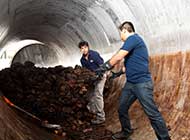
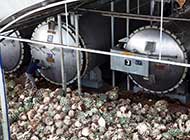
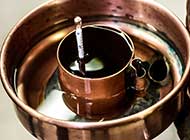
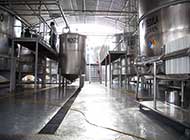
A variety of cocktails are made with tequila, including the Tommy’s Margarita, Classic Margarita and Paloma. Margarita uses tequila, Cointreau, and lime juice though many variations exist. Also, a number of martini variants involve tequila, and a large number of drinks are made by adding fruit juice. These include the Tequila Sunrise and the Matador.
Tequila Blanco
(White or silver) tequila is unaged and bottled directly after distillation, or aged up to 2 months.
Tequila Reposado
Aged tequila is matured for nine months in toasted oak barrels, which gives it its shimmering golden colour. Reposado is the favorite variety of tequila among Mexicans, with more than 65% agave sugars contained within each bottle, this being more agave sugars than the industry average in the mixto tequila reposado category.
Tequila can only be produced in the Mexican states of Jalisco, Guanajuato, Michoacan, Nayarit, and a small area of the state of Tamaulipas.
It is primarily made in the region surrounding the town of Tequila, Jalisco.
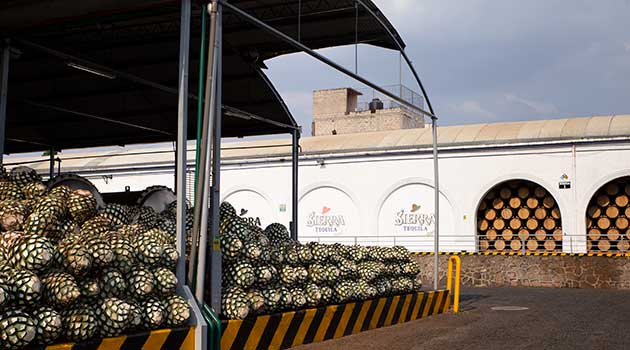
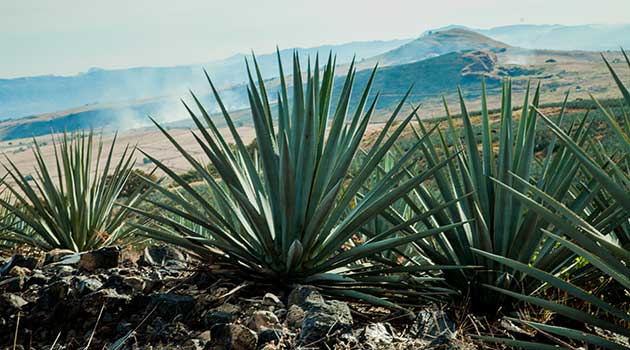

The Sierra distillery is located in Valle de Tequila (Tequila Valley) with Agave fields which stand 2300m above sea level. Boasting state-of-the-art facilities at the century-old hacienda site in Jalisco, Mexico, Sierra is being recognized for the skill and craftsmanship involved in its creation.
Tequila must (by laws established and enforced by the CRT(Consejo Regulador Del Tequila) be produced exclusively from the blue agave – Agave Tequila Weber Azul. In this way, it differs from the broader category of agave plant distillates, such as sotol and mescal – tequila is in many ways seen as the peak of the craft, hence its heavily protective regulation.
Learn more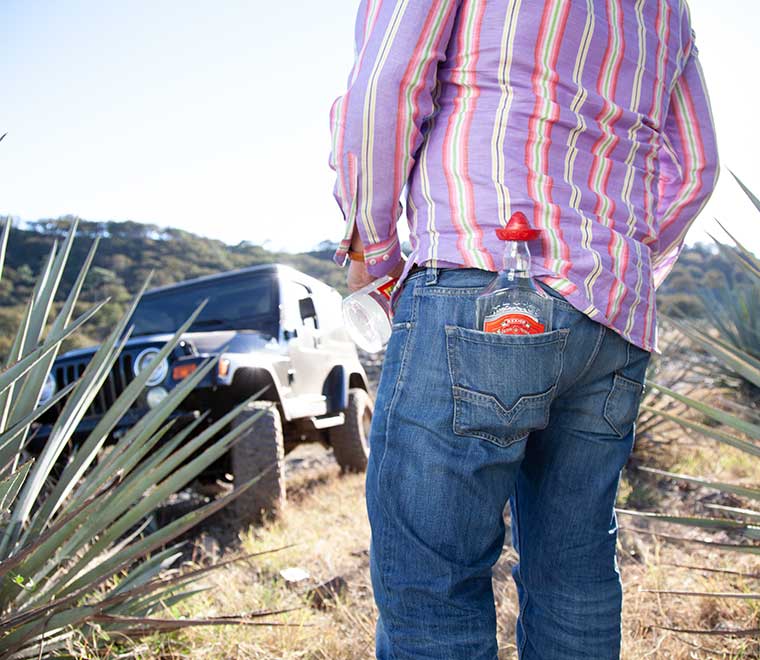

Mijenta is an artisanal small-batch tequila from the highlands of Jalisco. The spirit was created by a passionate collective who believes in doing well by doing right and is crafted by Mexico-based Maestra Tequilera Ana Maria Romero. Inspired by legends, Mijenta celebrates the best of the land, culture, and people of Mexico, exclusively using fully mature, certified Blue Weber Agave from the highlands of Jalisco, a region renowned for its rich red soils and microclimate.
Learn more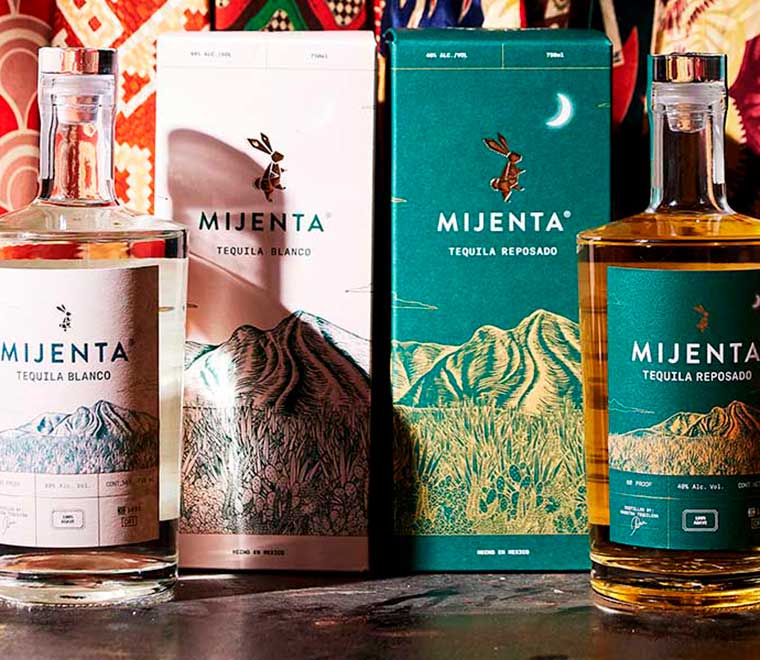


It’s an exciting time for Spirits Platform. We only email you when we’ve got something exciting to share.
Sign up nowYou must be of legal drinking age to enter this website. This website uses cookies.
By entering our website, you agree to our Terms and Conditions and Privacy Policy.
You must be of legal drinking age to enter this website.